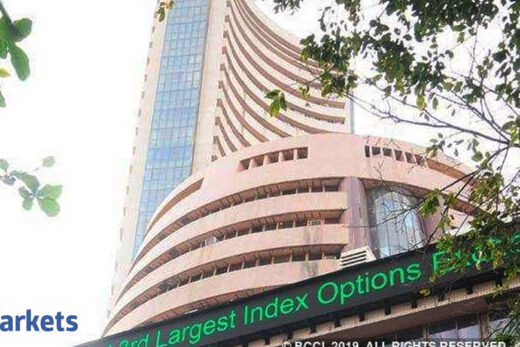After repeated questions on DMart’s perceived lower aggression in e-commerce push, the management categorically gave three key messages. First, it understands the huge potential in online grocery, and customer behaviour is encouraging, but this is a long runway, and not a rat race.
Secondly, the team was clear that unless it creates a profitable and scalable online model through DMart Ready, it would not expand across markets. The management said it’s getting closer to achieving profitability in this model, but will wait and observe 1–2 years of performance in a post-Covid environment.
Thirdly, it said regardless of the perception, DMart Ready is aggressively ramping up the online channel in the cities where it has operations, which is evident from its No. 2 position in Mumbai.
Edelweiss Securities said the evolving trends in the retail grocery space call for greater adaptability. This is even as DMart has tasted phenomenal success and earned a re-rating on the back of its hugely popular offline stores, a rarity in the space.
“For us, if DMart can step up aggression while the industry stays stable, the stock would get a re-rating irrespective of the initial losses,” it said. DMart is owned by ace investor and billionaire entrepreneur Radhakishan Damani.
Damani’s family, including his wife and brother Gopikishan Shivkishan Damani, holds 75 per cent stake in Avenue Supermarts, valued at Rs 1,65,760 crore at today’s price.
DMart told analysts that it has maintained a store addition target of 59 over FY20-22, even though it felt the long-term potential in the existing geographies is in excess of 1,200 stores. On the online business, the signal was clear: profitability would be preferred over market share.
“Though the brick-and-mortar retail opportunity remains sizeable, a measured approach on e-commerce will limit growth and re-rating potential. We, hence, retain ‘hold’. Apart from e-commerce, strong store sale growth could prompt us to reconsider our view,” Edelweiss said.
Motilal Oswal Securities said the online grocery market – which has grown 6–7 times to reach $4-5 billion in the last 3–4 years certainly becomes a strong force in the 0rganized grocery market.
“DMart may have to move quickly,” it said.
This brokerage finds the stock richly evaluated at 55.6 times FY23 EV/Ebitda and 87.9 times FY23. It said the risk of growth moderation owing to strong traction for online retailers in a post-Covid world, and the presence of deep-pocketed players such as Amazon and Reliance Retail restrict the near-term upside. “We retain our ‘neutral’ rating and have a target of Rs 3,220 per share,” it said.
On Friday, the stock closed at Rs 3,412.
Among other highlights of the analysts’ meet include a 91 per cent recovery rate for DMart’s stores (older than two years) in the second half of June compared with the second half of June 2019.
In states where Covid restrictions were relaxed earlier, revenues generated by such stores in the last 15 days of June was higher than the last 15 days of June, 2019.
“Despite trading at premium valuations, D’Mart has been a consistent compounder with stock price appreciating at 31 per cent CAGR in the last three years. We continue to remain structurally positive and maintain a hold rating. We value the stock at Rs 3,720 i.e. 60 times FY23E EV/Ebitda,” ICICIdirect said.



